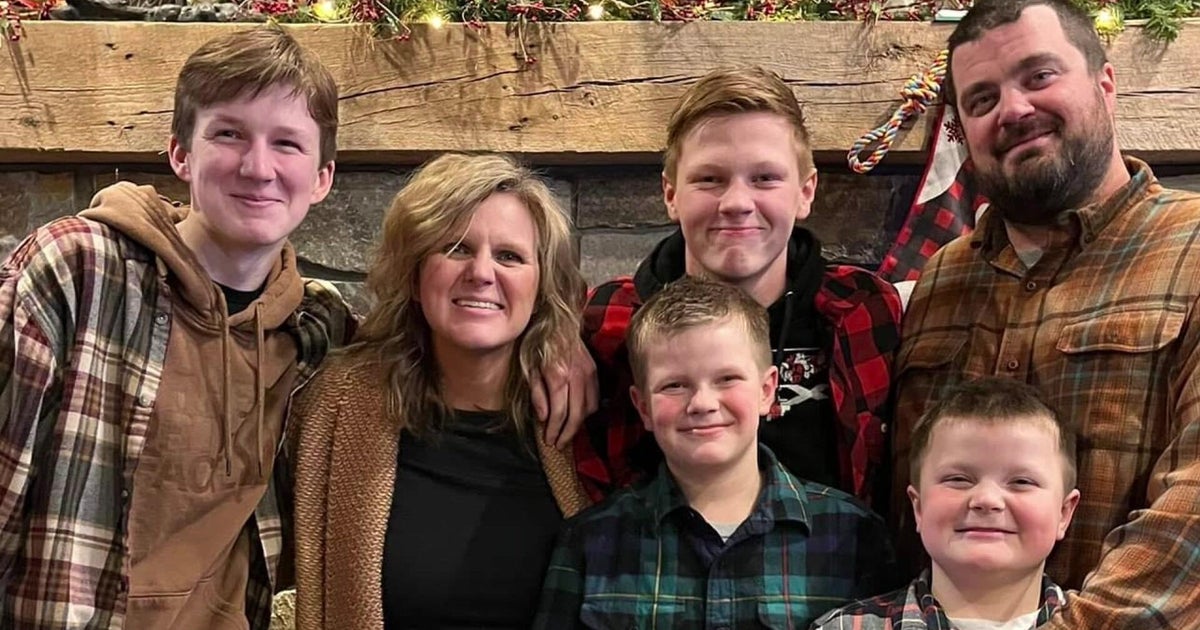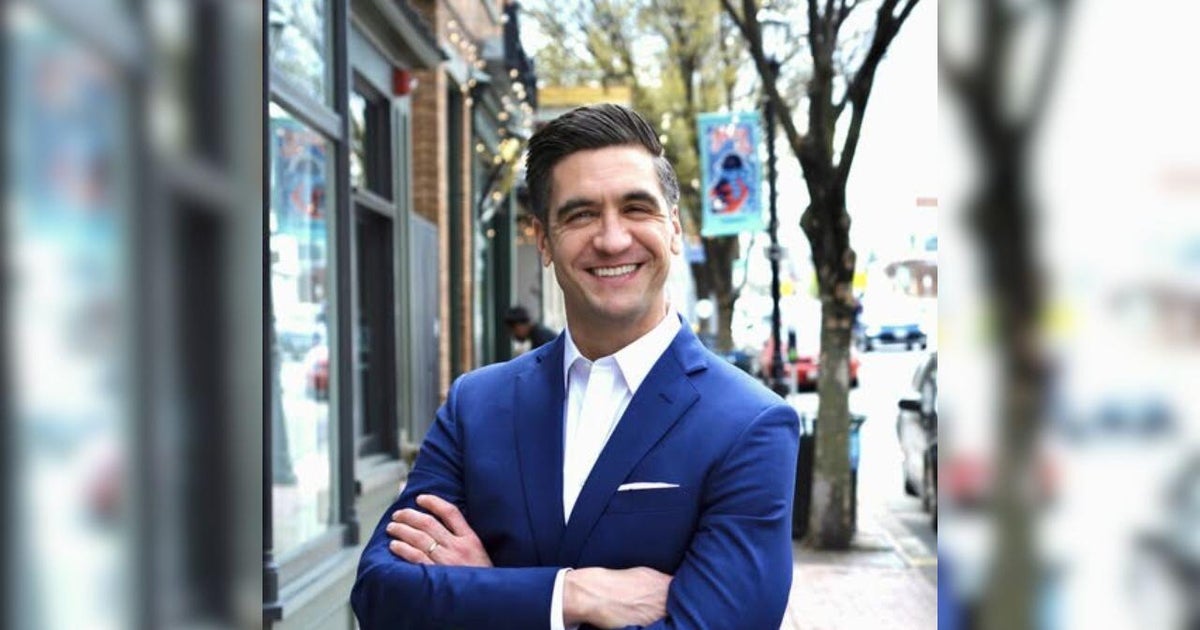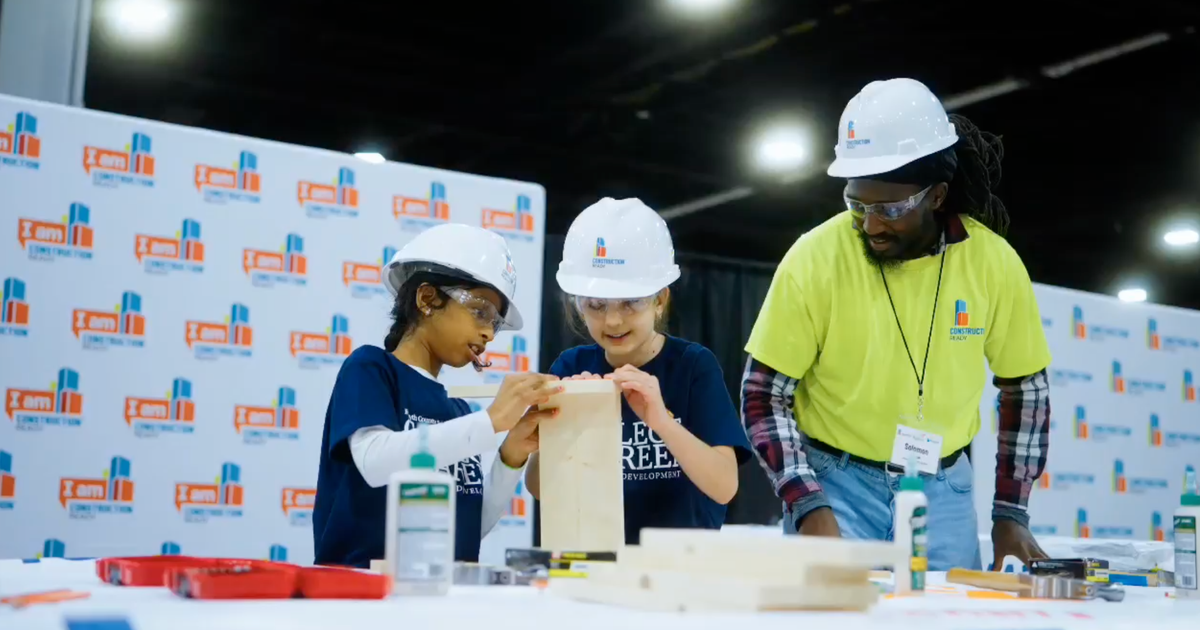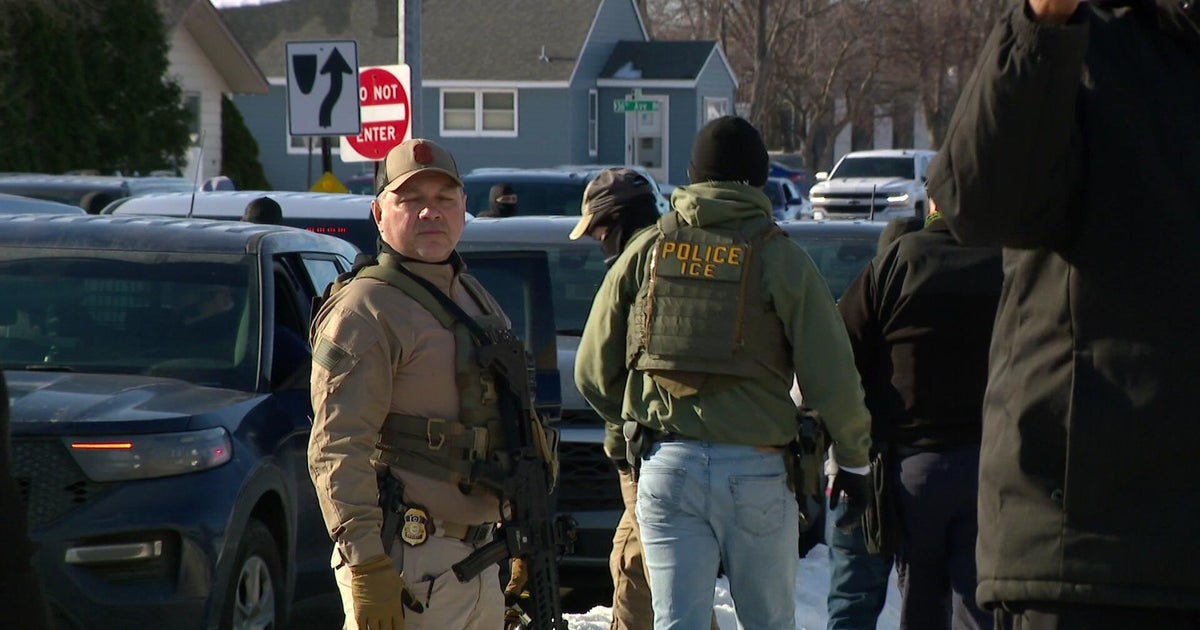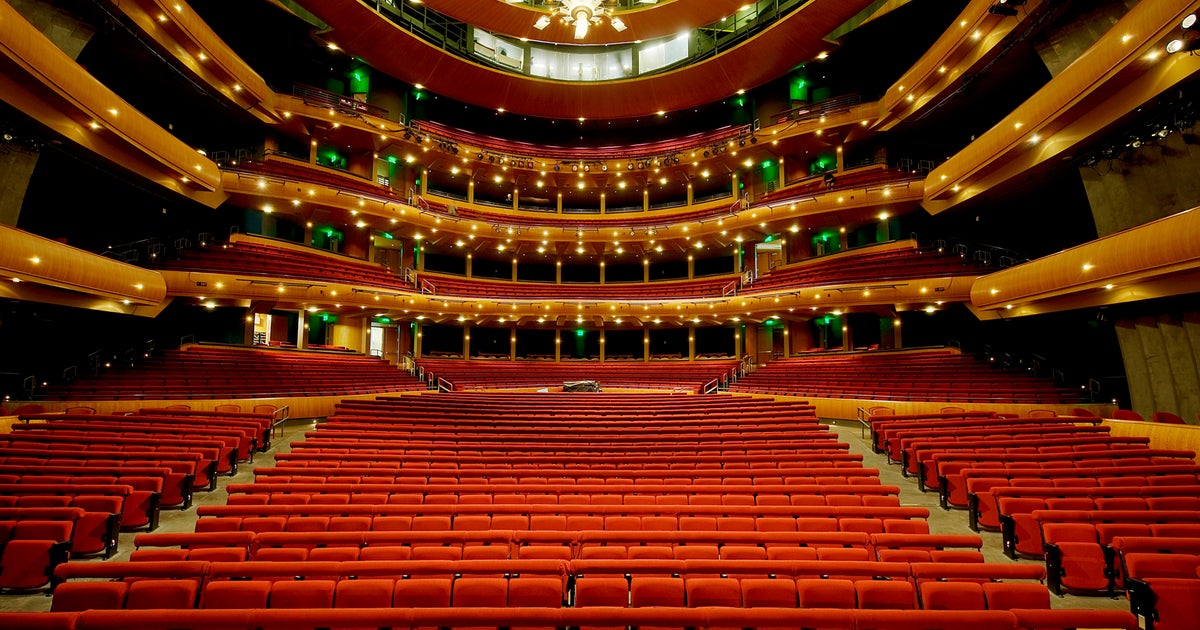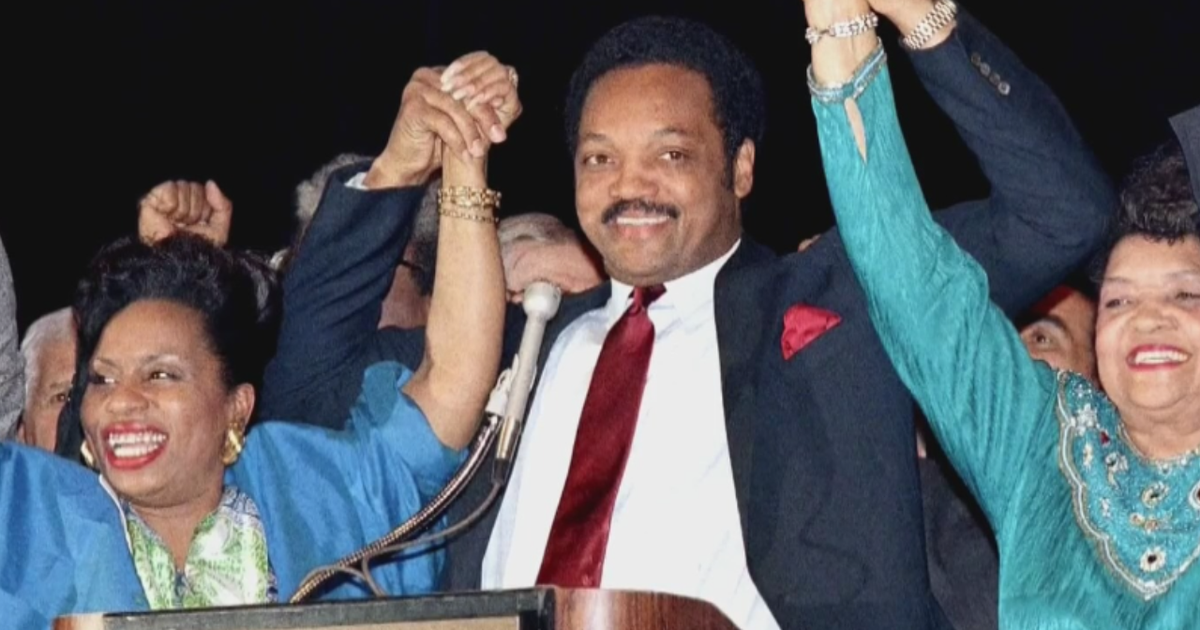Beto O'Rourke Campaign Mum On Fundraising Numbers: 'We're Not Ready To Release Them Now'
FAIRFIELD, Iowa (CBSDFW.COM/AP) — Democratic presidential candidate Beto O'Rourke said Friday he's not ready to release the amount of money he has raised since entering the 2020 race a day earlier.
When asked outside a campaign stop in Fairfield, Iowa, when he'd share his fundraising numbers, he said, "Soon."
"I don't have a definite plan," he added. "We're not ready to release them now."
The former Texas congressman entered the 2020 presidential race Thursday after months of speculation.
He raised $80 million in grassroots donations last year in his failed U.S. Senate race in Texas against Republican Ted Cruz, all while largely avoiding money from political action committees.
His early fundraising numbers will be an initial signal of whether his popularity during the Senate campaign will carry over to his White House bid.
Beto O'Rourke Apologizes For Teen Writings And Rhetoric Toward His Wife
So far, Vermont Sen. Bernie Sanders has set the pace for grassroots donations in 2020, pulling in $6 million during his first day as a candidate.
Asked if he thought he would top Sanders, O'Rourke said only, "We'll see."
But his reception during his first Iowa swing was overwhelmingly positive, even as O'Rourke launched his campaign by hitting a handful of counties that had shifted from supporting Democrat Barack Obama to backing Republican Donald Trump during the 2016 campaign.
Most of the towns O'Rourke visited during his first two days in the state were small and rural, manufacturing or farming towns. He kicked off his bid in Keokuk, population 10,300, dropped by a private home in Fairfield, a town about the same size, and jumped atop a coffee shop counter to address the crowd in Mount Pleasant, population 8,500.
The strategy set O'Rourke apart from the rest of the field, many of whom have focused their early swings on the state's population centers or on the traditionally blue counties that make up the bulk of the Democratic primary electorate.
Norm Sterzenbach, who's advising O'Rourke in Iowa, said the strategy came out of the Texan's desire to do more intimate events in his first swing through Iowa.
"He didn't want to do big rallies or big events. He wanted to get into communities and really talk to Iowans, and he wanted to go to smaller towns, smaller communities, and . places that had been neglected" by politicians, he said.
It was an approach reminiscent of his Texas Senate bid, where O'Rourke hit every one of the state's 254 counties, even the most rural areas, some of which hadn't been visited by Democratic candidates in years. O'Rourke didn't commit to visiting all of Iowa's 99 counties — what's locally known as the "Full Grassley," after Iowa's senior Republican senator, Chuck Grassley, who's famous for doing the full swing — but he said he planned to visit as much of Iowa as possible.
And like he did during his Texas Senate bid, O'Rourke didn't back down from some of his most liberal policy positions, telling an audience in Burlington, Iowa, that he was open to reconfiguring the Supreme Court, and a crowd in Mount Pleasant that he supports a "baby bond, an investment made in every single American dependent on your means" to help alleviate inequality, an idea first proposed by New Jersey Sen. Cory Booker, another presidential contender.
That go-everywhere, speak-to-everyone strategy brought him within 3 points of defeating Cruz in Texas, the nation's largest red state.
In Mount Vernon, Iowa — a town of 4,500 people — David Osterberg, a retired professor, was among a crowd of about 15 people outside the restaurant where O'Rourke spoke listening to his remarks on speakers blaring outside. While Mount Vernon sits in a Democratic county, Osterberg said he hadn't seen any presidential candidates come through yet, until O'Rourke did.
"It demonstrates that you care enough to come to a small town," Osterberg said. "Especially if you want to start breaking in to some of what happened in the last election, with many rural roads full of Trump signs, you want to come to places that are smaller, rather than larger."
In Fairfield, as a crowd of about two dozen gathered in a living room to eat lunch and see the candidate, O'Rourke was asked by a voter how he planned to defeat Trump.
"That depiction of Donald Trump as being unqualified was certainly not enough to win," he said. "So showing profound respect for the people that I want to serve by showing up first, by listening to them, by not writing them off by their party affiliation or how rural or urban their community is, is fundamental not just to winning but building the coalition, the consensus and the movement to get this stuff done long term."
(© Copyright 2019 CBS Broadcasting Inc. All Rights Reserved. The Associated Press contributed to this report.)



